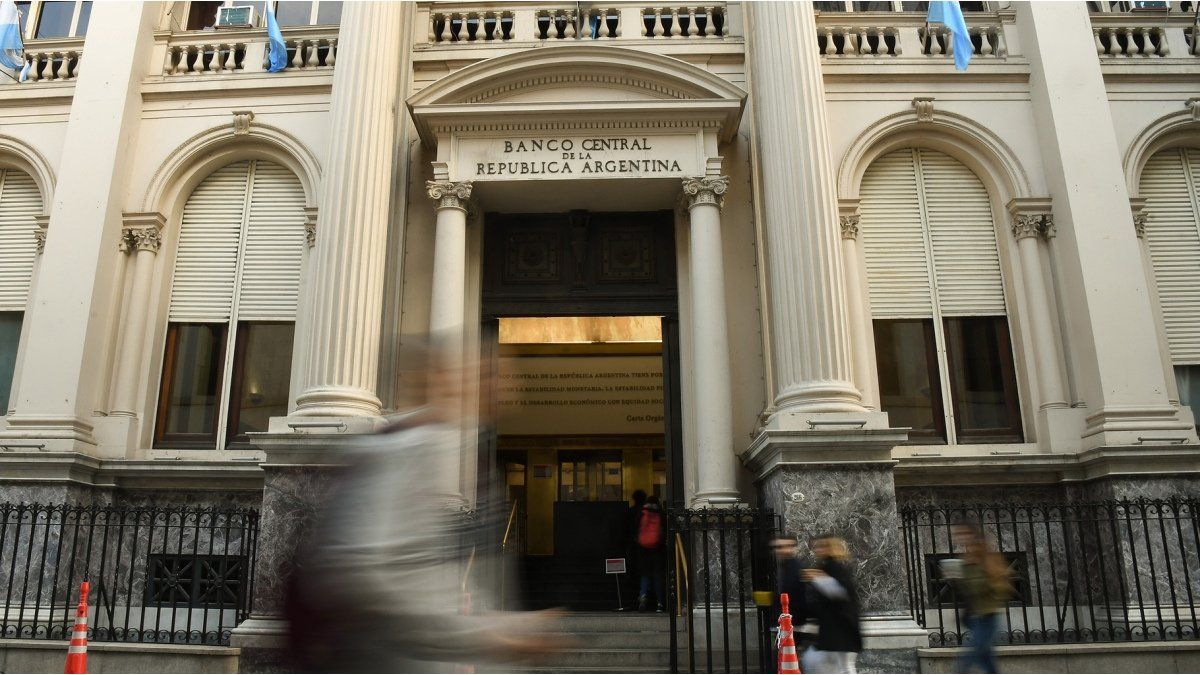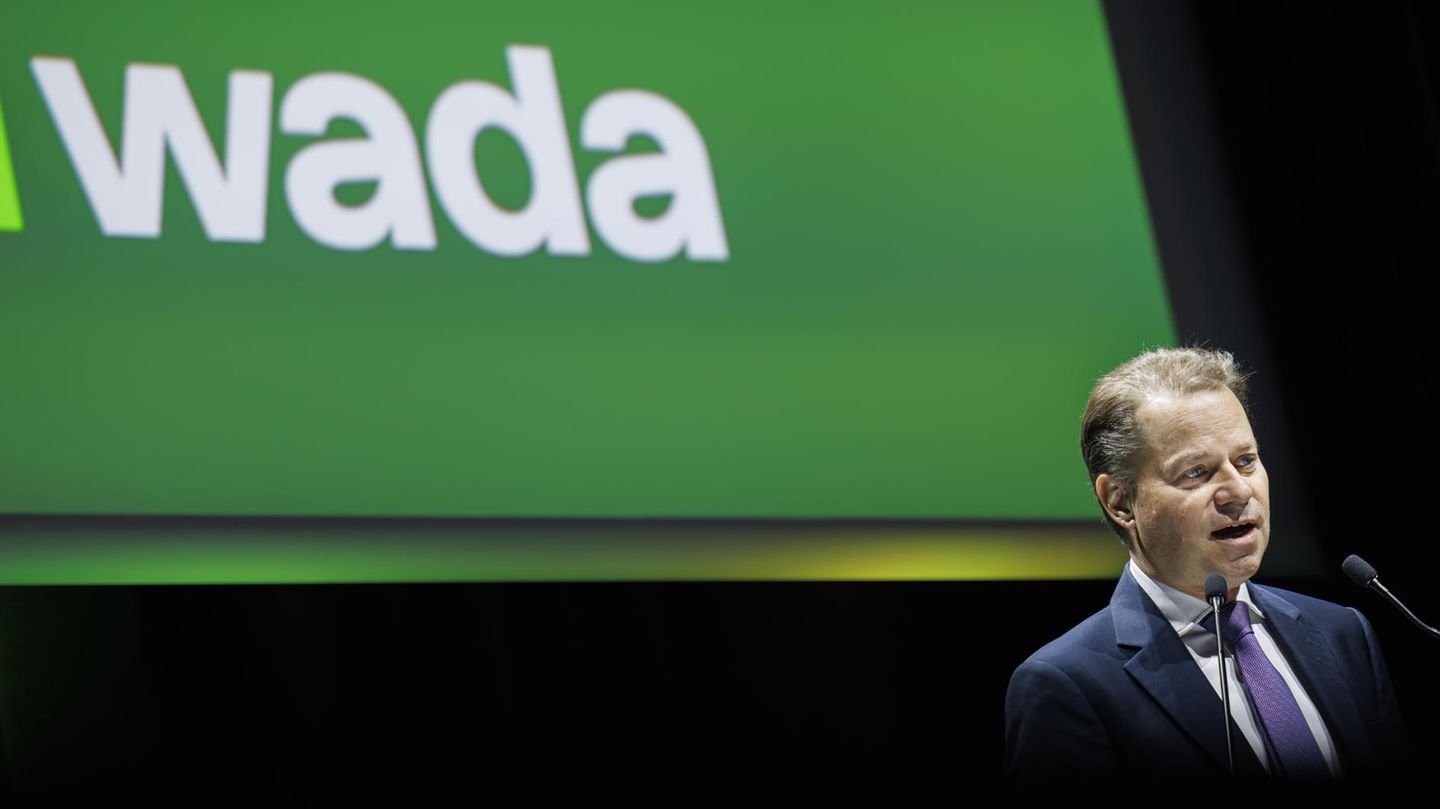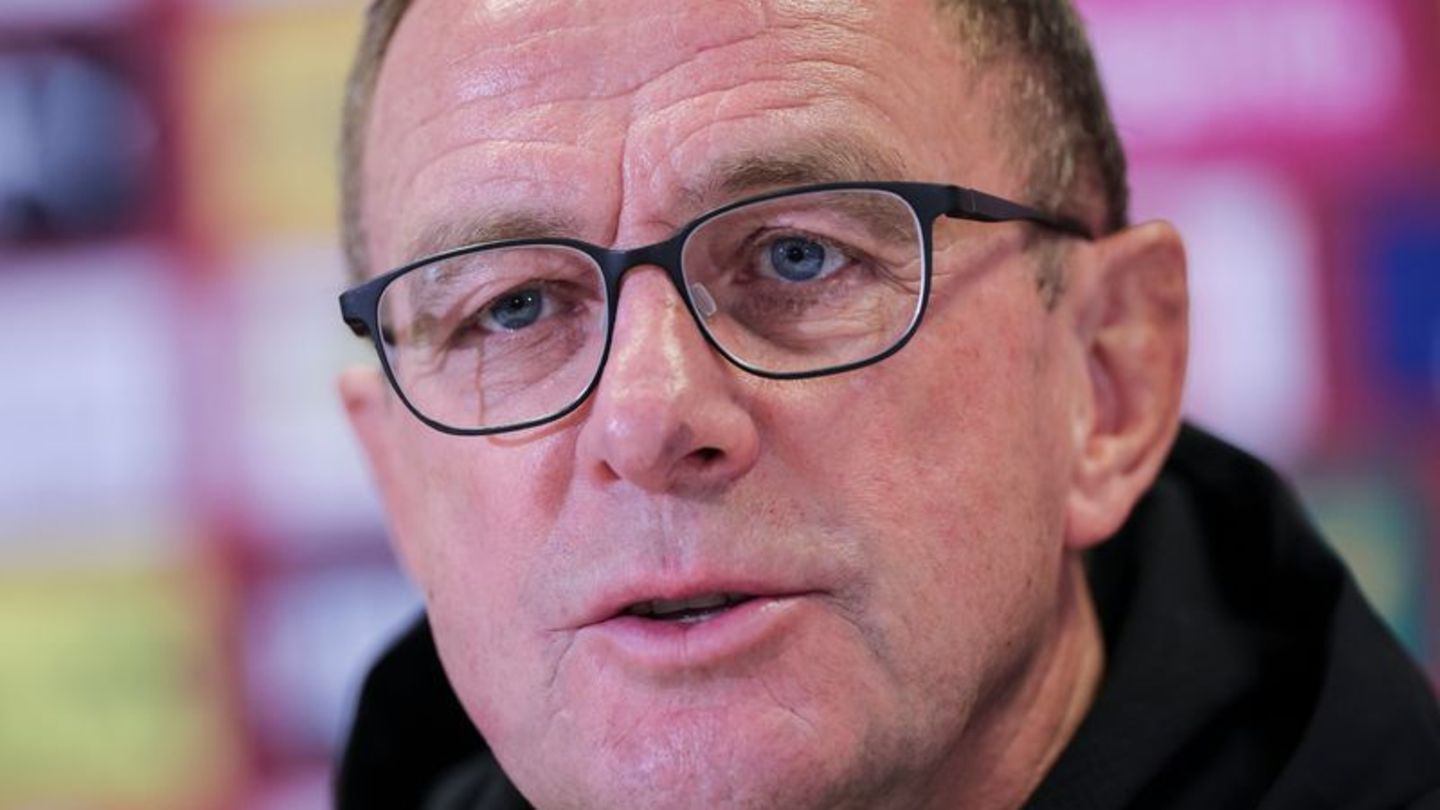Analysts give their opinion on the financial future of Argentina at times of economic slowdown, strong exchange controls faced with a persistent drain on reserves from the central bank (BCRA) and high fiscal spending, just a few months before a crucial presidential election. Political tensions capture the attention of investors ahead of the primary election of candidates (PASO) to be held in August, with a view to the October general elections, amid inflationary pressures that place it at 126.3% for this anus.
Short- and medium-term doubts trigger hedging in currencies that put pressure on the market and led the government to greater controls and hikes in interest rates.at a time when guidelines are being renegotiated with the International Monetary Fund (IMF) for a credit of 44,000 million dollars.
“The launch of new cross controls and the continuation of the intervention with dollars and with bonds ‘worked’ and the financial exchange rates fell again in the (last) week (rise of the peso). Stability that for now we consider to be temporary since the condition in general did not improve, but even worsened,” said the EcoGo consultancy.
Find out more – I followed the price of the blue dollar, official, CCL and MEP in Argentina
“The government gives me the feeling that it has assumed that it has to reach the end of the year, hand over command, but it seems to me that it is already impossible to make a long or medium-term plan in an electoral situation, with this dynamic in terms of reserves , in terms of inflation, expectations,” analyst Javier Timerman said in radio statements.
“(The Government) has decided to go to the IMF, request the advances and make a strategy together with the Fund that implies some fiscal corrections, in the rate of devaluation, in exchange for certain things. What matters most to him is receiving dollars and being able with those dollars to do some intervention in the market and have some firepower,” he said.
“The official strategy of obtaining financing from Brazil or the IMF has not yielded results for the moment and it does not seem to be an easy task. Any creditor knows that granting financing in the current circumstances only serves to lengthen the bleeding of reserves and avoid a devaluation” said Fundcorp’s Roberto Geretto.
“Without a macroeconomic reorganization, especially on the fiscal and monetary front, the current dynamics in the exchange market is very difficult to reverse,” he said.
Ministry of Economy.webp
“Going forward, reserve accumulation and high inflation represent the main challenges, which could trickle down to local asset prices. However, some support from international organizations seems possible,” Balanz said in a report.
“The second quarter will put the presidential candidates’ agenda on the table, which will be key to defining expectations, a fundamental factor on asset prices,” he said.
“The exchange imbalance will probably continue in the coming months with a loss of gross reserves between May and July of more than 2.2 billion dollars if external financing does not increase,” Delphos Investment estimated, noting that “this weakness in the position of reserves complicates the stability of the exchange rate gap in the run-up to the PASO”.
“Beyond the better feeling that the acceleration of settlements in the ‘agro dollar’ arouses among operators, concerns continue given that its dynamics have been irregular, and also that it is not managing to reverse the decline in net reserves that already reach critical levels“said economist Gustavo Ber.
“The most conservative (investors) go for corporate debt, with special interest in the energy sector, where they see the consensus of the political class, whoever wins the next elections,” estimated Adcap Grupo Financiero.
“Beyond the severe problem introduced by the drought, Argentina’s difficulty in recovering foreign reserves has to do with macro policies. As the fiscal deficit persists, with a predominance of spending and a lack of savings, it is pushed towards a deficit every time more pronounced in the current account of the balance of payments, given that, given the null inflow of capital, the only way to increase reserves is to achieve a surplus in that variable”, stated Fundación Mediterránea.
“The big problem is that, in the absence of dollars, the official exchange rate loses effectiveness as an anchor,” said Economic GPS, and stated that “as long as structural problems are not addressed with a consistent economic plan that anchors expectations, we will not we can expect much more than higher volatility and nominality.”
“The deepening of the imbalances led to the current degree of equity deterioration reaching a threshold not seen since the crisis of the ‘Lebac’ (BCRA bills) of 2018GMA Capital Research noted. (Reporting by Walter Bianchi; Editing by Jorge Otaola)
Source: Ambito




